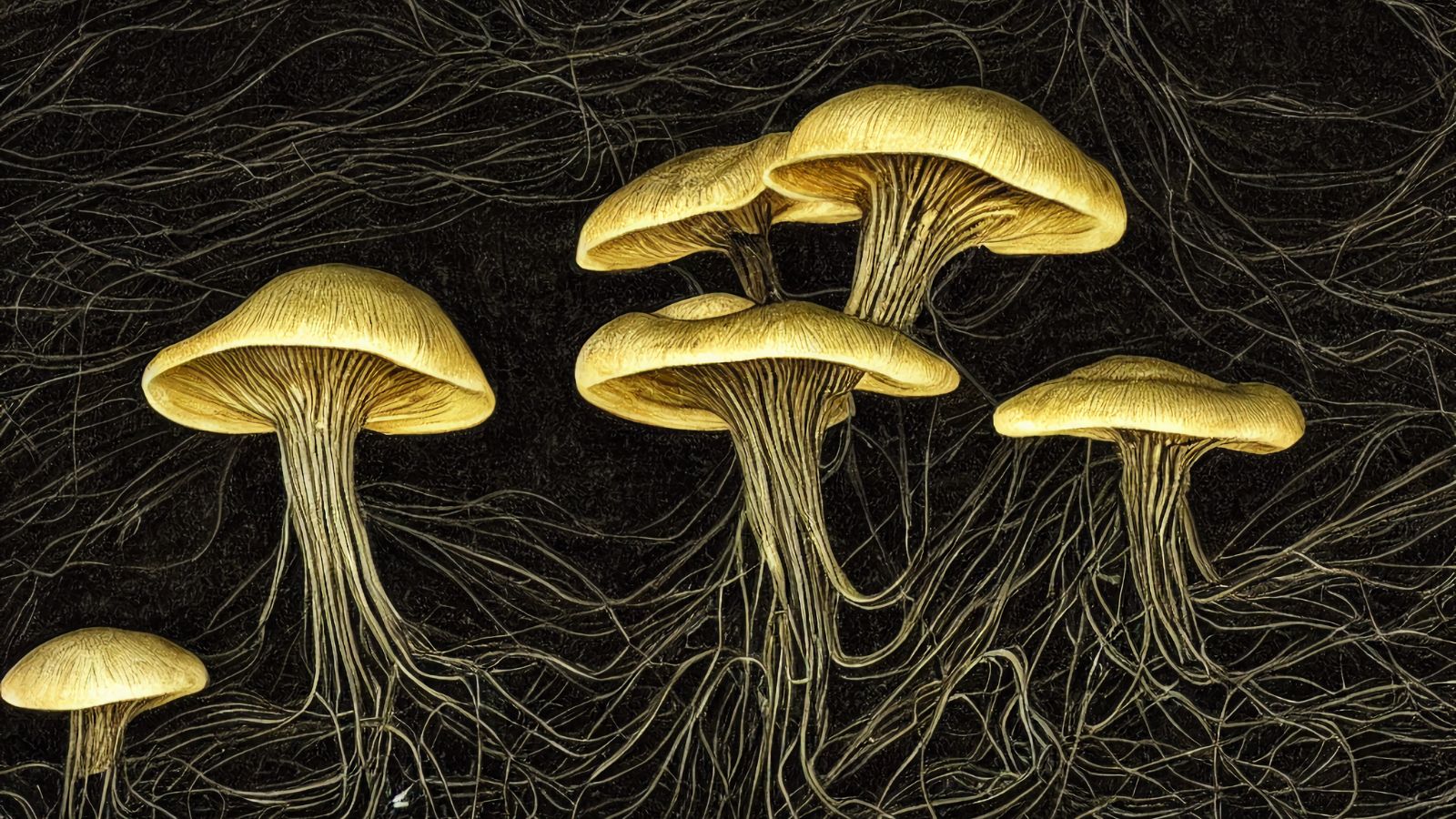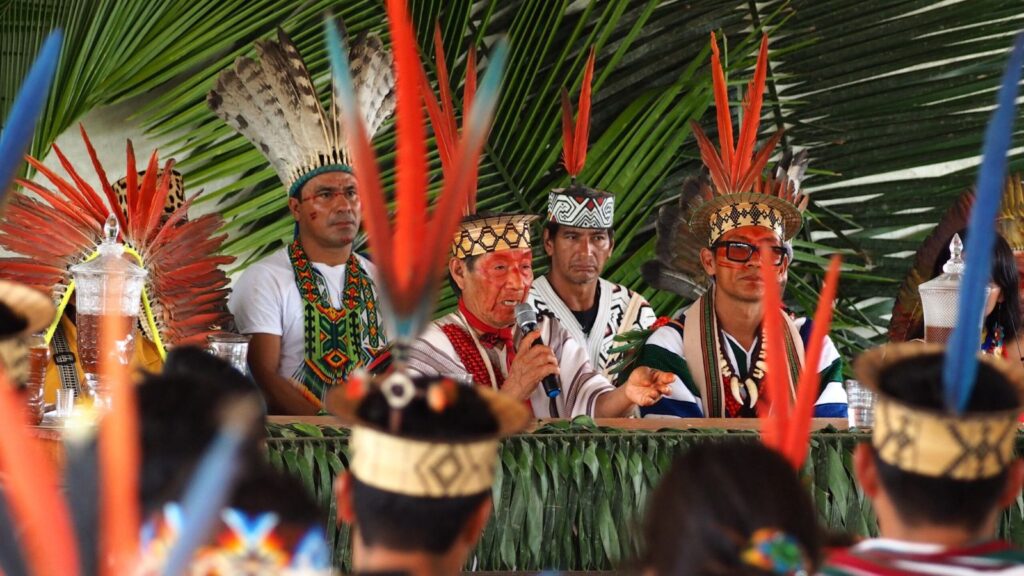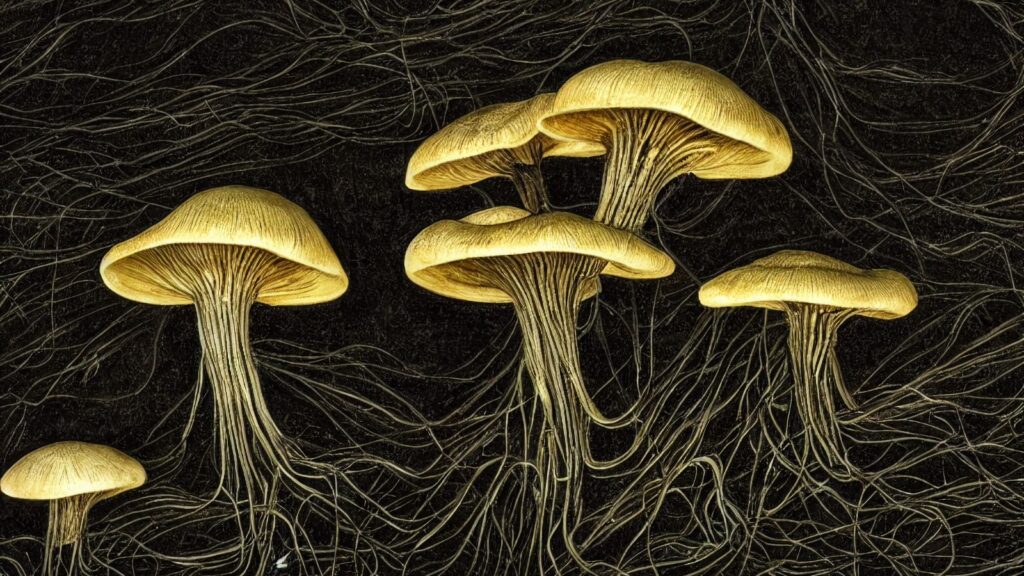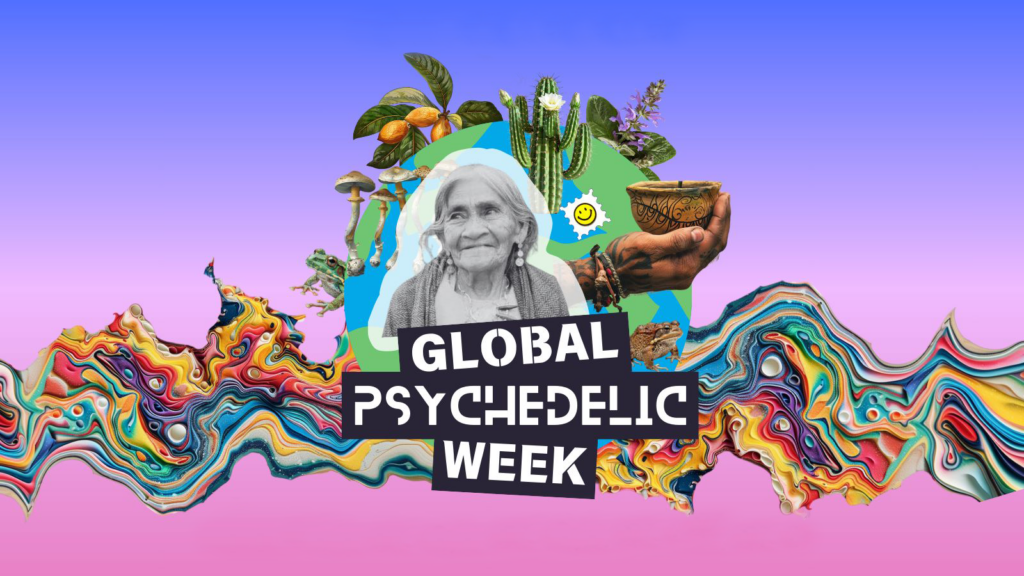In just two years, Cultivating Wisdom’s founder Cesar Marin has become the poster elder for mid-life microdosing. If you’ve got the good fortune of catching him on a stage near you—he recently returned from speaking at SXSW—expect to be bathed in the post-grunge afterglow of Gen X wisdom. Talking with Reality Sandwich, Cesar touches on destigmatizing psychedelics with data science, medicine stewardship through sharing small stories that inspire big curiosity, and how microdosing makes meaningful change for so many.
Summer Lopez: Thanks for sitting in conversation with RS. Your work with Cultivating Wisdom keeps you on the move! Congrats on your new podcast project, Love You Wealth. What a great take on presence in fatherhood you and Rick Doblin arrive at.
Cesar Marin: The Love You Wealth podcast is a way for people to manifest wealth through presence, the act of being here. It is not the act of giving gifts, but the act of giving hugs and giving present time to those in our lives. We’re used to seeing Rick Doblin as president of MAPS, and to see him as a father, as a human, was beautiful.
SL: I want to build on some of the same themes by asking about your service and leadership in the mid-life microdosing community. Like you, I entered medicine space in my fifties. From a transpersonal POV, are folks like us being initiated through elder rites, I wonder?
CM: It wasn’t until the age of 54, 55, almost, that I had my first psychedelic experience. There’s this moment of necessity for people our age to have honest, open, and objective conversations about psychedelics, about how we’re using them to better ourselves. A lot of us, age 50 and above, are becoming voices. Everything that I do, and everything that I share, is through my personal experience. Sharing studies, sharing science. Sharing my story and other people’s stories, I can best serve the over-50 community, who were stigmatized or just taught that psychedelics are bad. Being a thought leader who advocates for the safe, responsible use of psychedelics is something that I feel is needed, and I feel very comfortable filling those shoes. You don’t know who you’re going to talk to, you don’t know who you’re going to touch.
SL: Recently, I was introduced to the term traumadelic. Seems there’s an active critique of the hyperfocus on holotropic healing over the just vibes crowd. Where do you land in this territory? Especially since microdosing isn’t a decrim lever, the way Anderson Cooper’s veterans retreat coverage absolutely is.
CM: Helping cure people, through therapeutic and optimization use of psychedelics, is a bit new. Of course, the recreational part of psychedelics is always going to exist. The Anderson Cooper veterans’ retreat is going to get headlines. But it’s the small stories that need telling, too: the mom that used to drink a bottle of wine every day and now instead she microdoses every third day. Those stories aren’t going to get attention. So it’s up to us, everyone has the potential to be media, to share our stories and poke at people’s curiosity about microdosing.
SL: It feels like there’s this amorphous continuum in the psychedelic space with clinical, commercial, and ceremonial conversations all circulating: microdosing isn’t a sexy topic, it’s helpful.
CM: Dr. James Fadiman and Jordan Gruber’s new book touches on a range of what microdosing can address. We’re just at the start of [learning] what microdosing can do. The more science we have, the more studies we do, the more reporting we have on people’s use of microdosing, the better we can start to apply those in different places. I love seeing the studies that are being done. I think at present there are over 600 clinical trials with psychedelics worldwide, which is fascinating.
SL: As an author and speaker with a mainstream media background, how are you called to step into receiving and transmitting the microdosing message? What beliefs and lessons shape your lens?
CM: Compared to my lens before psychedelics came into my life? These are two completely different worlds. Now I see through a lens of being more open, of being more objective, a lens of realizing that maybe we were wrong about stigmatizing psychedelics. This isn’t the psychedelics of the 60s. This is the psychedelics of Johns Hopkins University, the psychedelics of NYU, the psychedelics of Emory University here in Atlanta, of Berkeley, of Stanford, of Harvard, the Imperial College, of so many institutions really looking to see how these molecules benefit humanity.
The best way that I can serve this community, and serve the people who will listen, is by sharing trial and error of what worked for me and what didn’t work for me. On a daily basis, we have the opportunity to do so many things. We are living a magical life. I can best be of service to walk in a sense of joy, love, and gratitude. Not that it wasn’t there before psychedelics, it’s just more amplified now. Life is so grand. I live it to the best of my ability.
SL: Are you comfortable sharing any lineages you claim? Not just the geographic, educational, and transpersonal. Teachers, creators, thinkers, healers.
CM: A huge inspiration is Dr. Fadiman, such an incredible teacher and positive figure. He’s someone that I look up to. Being Colombian, there’s lineage from my roots I sense and feel when I step both outside and inside myself. So many people who I’ve come across in the last two years—it’s sometimes hard to mention them all because they’ve all been stewards in one way or another of wonderful lessons, of mentorship, of support. I feel incredibly lucky to walk in the path that some of these people have.
SL: Medicine work honors stewardship in multiple forms: reciprocity, right relation, safety, and sustainability. Who and where do you find examples worth noting, studying, and celebrating to guide the expansion of culture and commerce within psychedelic contexts?
CM: Let’s start with Reality Sandwich! It starts from these conversations, these stewards. There’s so much hype that it’s wonderful to find people like Tracy Tee from Moms On Mushrooms, Paul Austin at Third Wave, Rick Doblin at MAPS. Wonder Bags is creating ways for people to research their mushrooms. There’s so much “love you wealth” – not “FU money” – doing awesome things in the psychedelic space. It’s good to shout out companies doing this the right way. It’s good for us to watch out for each other.














